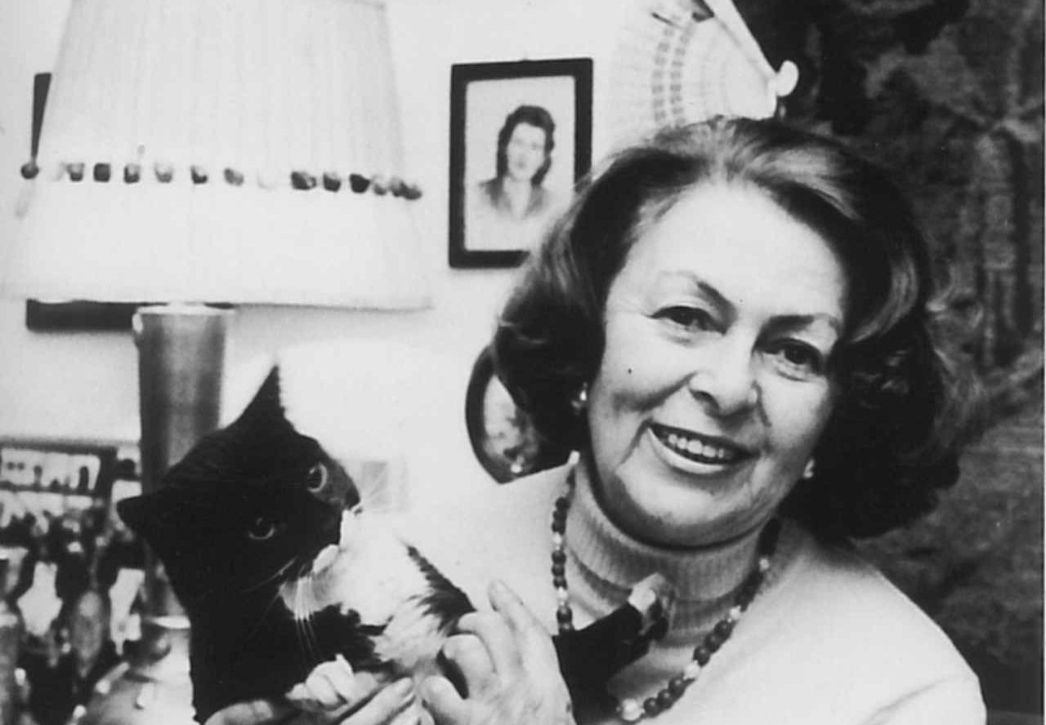Transcript
Danuta Brzosko The autumn brings change. Instead of school, there are secret group lessons in unheated private flats. Afterwards, the pupils study at home at night, by the light of a faint bulb.
Narrator Danuta Brzosko was 18 years old when the Germans invaded Poland. All grammar schools and universities were immediately closed and many teachers and professors were arrested.
The Germans wanted to exploit the Polish as a source of unskilled labour. Their aim was to destroy the Polish intelligentsia. Thus education became a central concern of the Polish resistance, who aimed to have children and youth continue to study and to receive professional training. To this end, an undercover school system was established. Like many others in Warsaw, Danuta Brzosko was now taught in secret. She had many ideas for her future: She thought of becoming a doctor or writer. On the day of her A-levels exam, she was given the address of a private flat, where pupils and the examining board would meet:
Danuta Brzosko I don’t know if it was by chance or whether we had been observed for a longer time. In any case, just when I was to begin my Latin exam, somebody banged on the door, actually on the entrance and the kitchen door at the same time. At that moment, three uniformed Gestapo men entered the room [...]
We had to stand against the wall with our hands up and then the flat was searched. [...]
Narrator Teachers and pupils were arrested and taken to the Warsaw Pawiak prison. The German occupying forces used the notorious prison to incarcerate political opponents, but they also arrested Polish citizens at random in the streets. Torture and execution were part of the daily routine.
Danuta Brzosko After two days in prison, the teachers continued with the exams. We anticipated that we would be deported to Germany and we believed the war would last one or two years. This meant that it would be difficult to regain the knowledge necessary for our A-levels at a later point.
Narrator The exams took place in unusual circumstances, yet everyone was certain of their necessity.
Danuta Brzosko Our walks together in the prison yard provided the only opportunity for us pupils to meet with the teachers. And there, in the yard of the women’s prison, I passed my A-levels, with the principal walking in front of me and two teachers behind me.
Narrator Unexpectedly, the women were released. Danuta Brzosko subsequently worked for the Polish underground army, the Armija Krajowa. She helped procure false passports and distributed illegal newspapers. In 1942, she was arrested again and this time taken to the women’s sector of the Majdanek concentration camp. In 1944, via the Ravensbrück women’s concentration camp, the SS took her to the parent company of Hasag in Leipzig to do forced labour. This was the largest women’s camp of the Buchenwald concentration camp.
Danuta Brzosko survived the war and the concentration camps. Her A-levels, passed in the prison yard, were recognized officially in Poland. She studied medicine, and ultimately became a dentist and a writer. She told the story of her life through novels, memoirs and film scripts.


